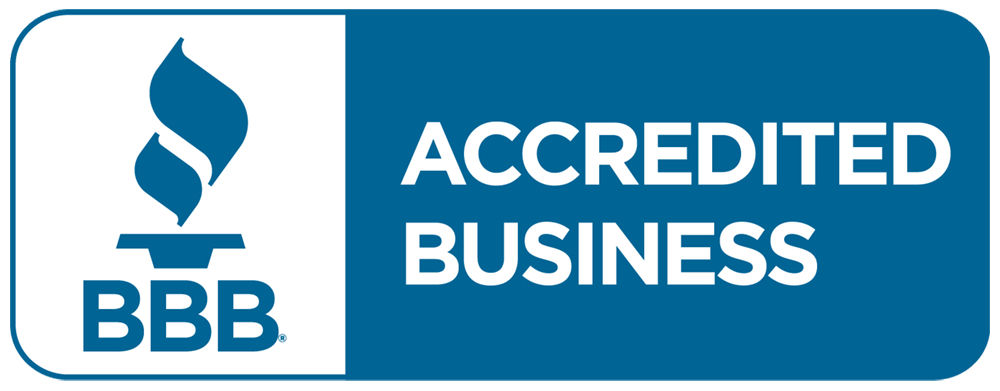Owing a significant amount of debt can have various negative implications for your life. In addition to the fact that you have bills you cannot pay on your own, you may also be dealing with calls from creditors, letters in your mailbox and more. These attempts to collect on what you owe can add additional stress to an already difficult situation.
There are times when creditors and debt collectors may step over the line when dealing with Texas consumers. These individuals can do their job, but they cannot harass you or act in certain ways toward you. You have protection against harassment and illegal treatment under the Fair Debt Collection Practices Act. This act prohibits predatory practices, and it is smart to understand what this law means for you.
Know your rights
It’s sometimes difficult to know if what you are experiencing qualifies as creditor harassment. No matter how much debt you have or what your financial situation is like, you do not have to endure certain types of treatment. The FDCPA offers you the following benefits:
- You can demand that debt collectors refrain from contacting you at certain times or while you are at work. They should not be calling you after 9 p.m. or talk to others about your debt.
- Debt collectors have to be truthful with people they are contacting. This includes stating who they are, being truthful about the debt and not threatening you with false consequences if you do not pay.
- Debt collectors must validate the debt when attempting to collect on it. You have the right to make sure that it’s really your debt before you pay anything.
- If you think that a debt collector is acting unfairly or contrary to the FDCPA, you have the right to speak out. You do not have to endure unreasonable behavior just because you have debt.
Dealing with your debt
There are specific ways that you can make contact from debt collectors stop, even if they are not harassing you. By filing for consumer bankruptcy, you can deal with certain types of debt once and for all. Once you file, the automatic stay will go into effect, which will mean that collections agencies can no longer contact you.
This gives you the opportunity to follow the terms of your bankruptcy plan without the additional stress of people calling you constantly. It may help for you to speak with an attorney about your legal options and how you can protect your rights against illegal debt collection practices.



